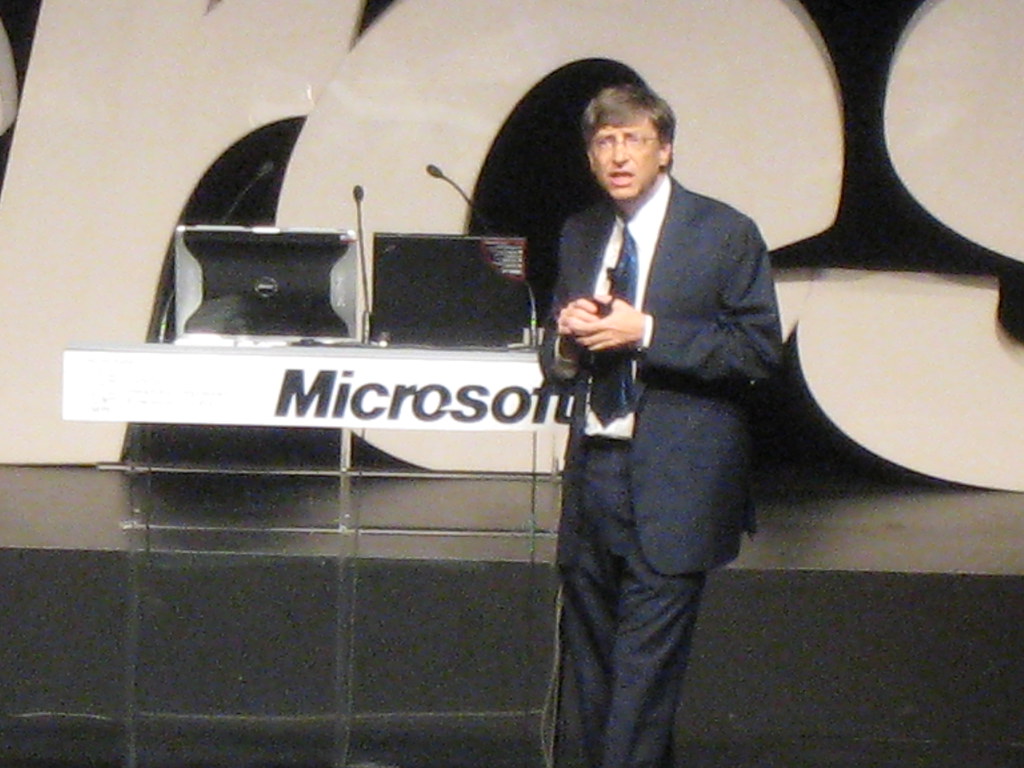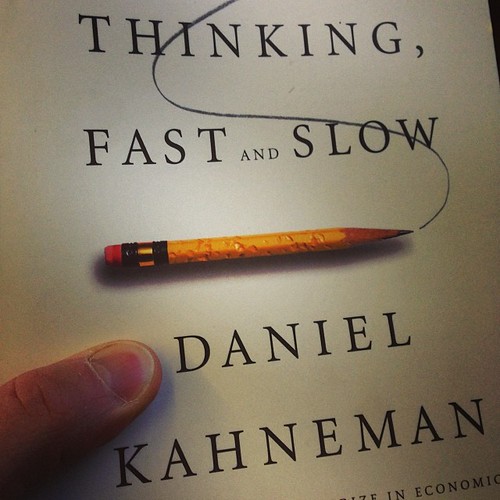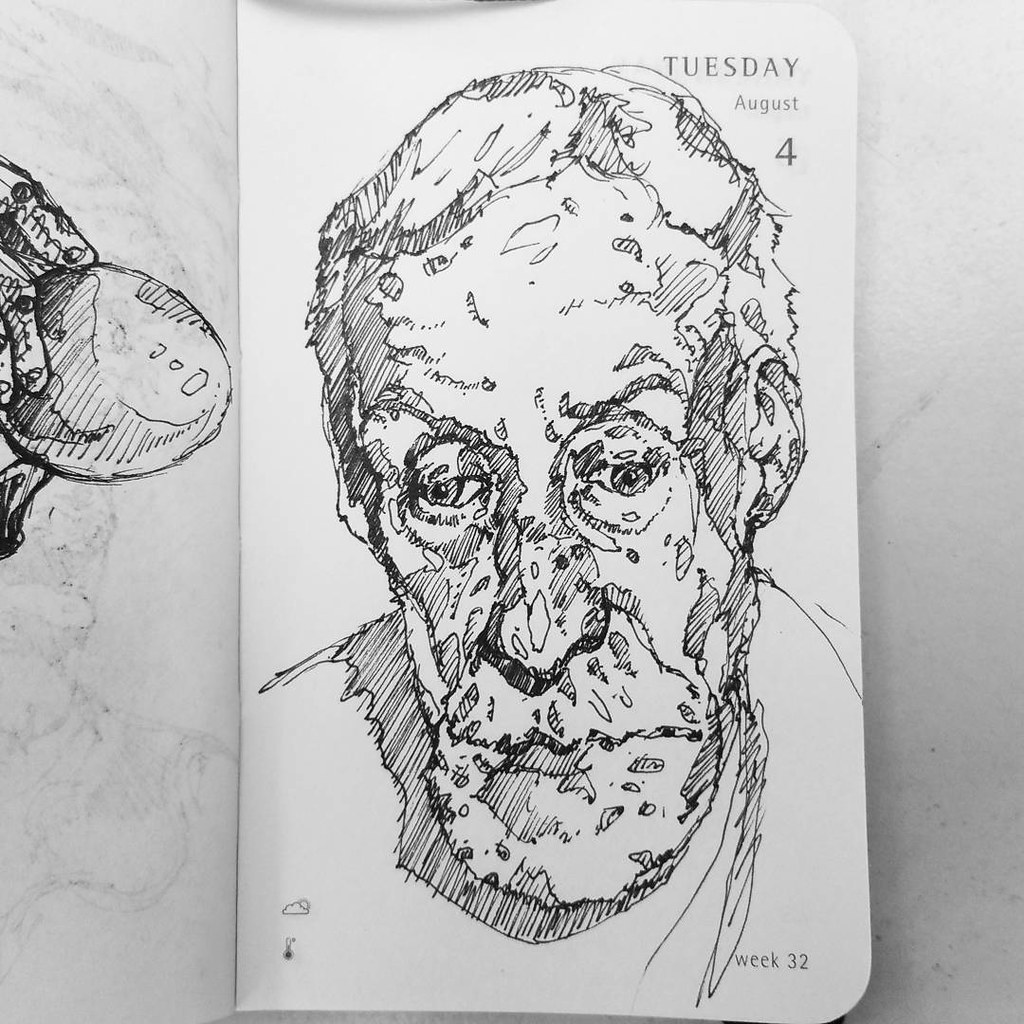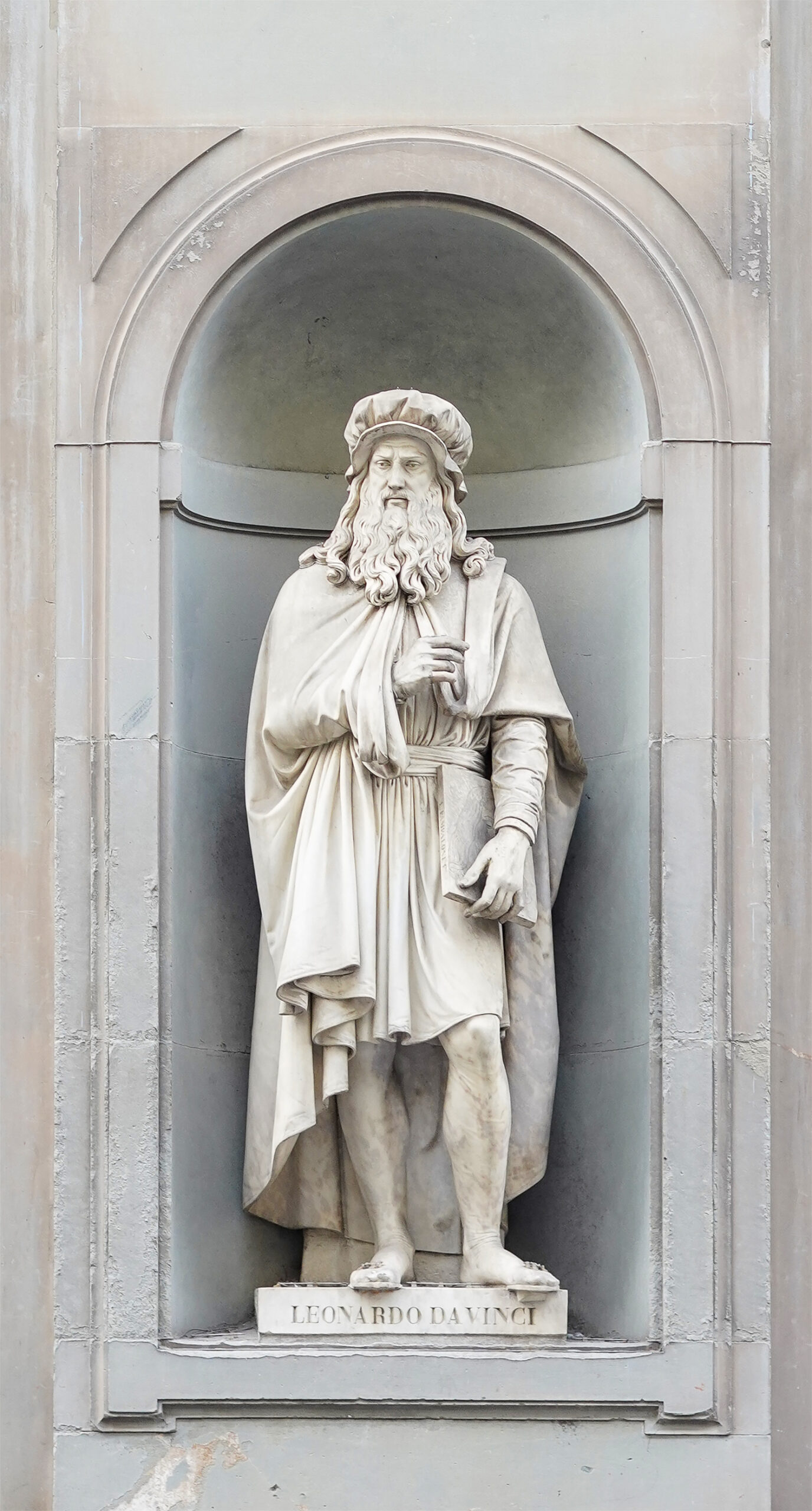
Bill Gates, a name synonymous with technological revolution and global philanthropy, is much more than a software mogul; he’s a prodigious reader whose intellectual curiosity spans an astonishing array of subjects. His book recommendations, frequently shared on his “GatesNotes” blog, are eagerly anticipated by millions seeking to understand the world through his insightful lens. He consistently demonstrates a varied taste, with selections crossing genres and offering profound insights into global development, human nature, and the future.
For Gates, books are essential tools for learning and growth, acting as catalysts that shift how one perceives reality. He approaches reading with open-mindedness, absorbing diverse viewpoints and integrating them into his comprehensive understanding of complex challenges. His curated lists reflect his deep commitment to addressing global issues, from public health to climate change, and underscore his belief in innovation and human ingenuity.
This article explores 12 extraordinary books Bill Gates credits with fundamentally changing his worldview. These are not casual reads, but seminal works that shaped his thinking, broadened his empathy, and informed his approach to his professional and philanthropic missions. Join us as we uncover the wisdom that resonated so deeply with one of the world’s most influential minds, and perhaps inspire your own intellectual journey.

1. **’Enlightenment Now’ by Steven Pinker**Bill Gates has lauded Steven Pinker’s “Enlightenment Now” as a monumental work, his “new favorite book of all time.” This endorsement stems from Pinker’s incredibly hopeful view of humanity’s progress, aligning with Gates’ own optimistic outlook on global development. The book rigorously argues against pervasive media negativity, instead presenting a compelling, data-driven case that life, health, prosperity, safety, peace, knowledge, and happiness are remarkably on the rise worldwide.
Pinker’s work counters cynicism, providing a comprehensive overview of how Enlightenment values—reason, science, and humanism—have demonstrably improved the human condition. He backs his claims with abundant data, showcasing humanity’s incredible strides across virtually every well-being indicator. This methodical approach deeply resonates with Gates, who guides his philanthropic initiatives with data and evidence.
The book urges readers to appreciate these achievements and actively support Enlightenment principles. It suggests that embracing rational thought and scientific inquiry can effectively address global ills. Gates’ enthusiasm for this message—that informed optimism and concerted effort drive positive change—makes it a powerful appeal for reasoned thinking in a world often prone to despair.
Read more about: Decoding the USA: An Engineering Perspective on America’s Foundational Systems

2. **’Factfulness’ by Hans Rosling (with Ola Rosling and Anna Rosling Rönnlund)**Bill Gates describes “Factfulness” by Hans Rosling, along with Ola Rosling and Anna Rosling Rönnlund, as “one of the most important books I’ve ever read—an indispensable guide to thinking clearly about the world.” This eye-opening book offers a groundbreaking framework for understanding global realities. It challenges popular misconceptions portraying the world negatively, presenting a compelling, data-driven argument that life on Earth is, in many crucial aspects, significantly better than widely believed. Gates’ profound appreciation comes from its unique power to shift one’s view on the true state of the world.
The authors use engaging statistics and compelling stories to illustrate how many perceptions about global issues—like poverty, health, and the environment—are severely outdated. Rosling, a celebrated medical doctor and statistician, identifies ten common “instincts” that prevent us from seeing the truth. He then provides practical tools to adjust our vision, enabling readers to replace emotion-driven misinterpretations with a fact-based understanding, fostering a more accurate and hopeful global perspective.
“Factfulness” is an optimistic guide encouraging readers to approach humanity’s present and future with facts rather than fear. It highlights vast opportunities for continued progress, visible once we overcome inherent biases and embrace rational assessment. For Gates, dedicated to solving complex global problems, this book provides an invaluable methodology for clear thinking, enabling more effective decision-making and a stronger belief in positive transformation.
3. **’Educated’ by Tara Westover**Bill Gates has unequivocally stated that Tara Westover’s memoir, “Educated,” is “even better than you’ve heard,” highlighting its extraordinary power and inspirational narrative. The book chronicles Westover’s incredible journey from a childhood with survivalist parents in Idaho, where she never attended school, to earning a Ph.D. from Cambridge University. Gates recommends this book as a profound testament to how education can utterly transform an individual’s life and expand their horizons.
Westover’s memoir is a raw and poignant exploration of identity, family, and the relentless pursuit of knowledge. Raised in isolation, devoid of formal schooling and often marked by hardship, her quest for learning was born from a deep desire to understand the world beyond her family’s confines. Her self-education, driven by an almost visceral hunger for truth, led her to Harvard and Cambridge, where her intellectual awakening threatened to disbalance her understanding and her tumultuous family relationships.
The narrative vividly portrays a young girl breaking free from a challenging past through intellect and will. What she discovers and how it irrevocably changes her constitutes a powerful story for our time. For Gates, “Educated” serves as a compelling reminder of education’s transformative potential, inspiring readers to strive for personal growth and recognize its profound impact in empowering individuals to make a difference.

4. **’Sapiens: A Brief History of Humankind’ by Yuval Noah Harari**Yuval Noah Harari’s “Sapiens: A Brief History of Humankind” is a book Bill Gates and his wife Melinda “spent weeks talking about,” underscoring its immense scope and thought-provoking insights. This monumental work traces humanity’s entire history, from Homo sapiens’ emergence in Africa to today’s complex societies. Gates praises its broad, sweeping narrative across history and astute observations about humanity’s future, calling it a “compulsive read” that sparks deep thought about our past, present, and future.
The book delves into human development, explaining how biology and history intertwined to shape us. Harari explores how societies were created and developed, dissecting the roles of myths, religions, and scientific discoveries in shaping our modern world with its intricate economies and political systems. It challenges readers to reconsider fundamental assumptions about human progress and societal structures, offering fresh perspectives on the forces driving our evolution.
“Sapiens” is not just a historical account; it’s a philosophical inquiry into what it means to be human. Harari’s ability to connect ancient history to contemporary issues, and his willingness to pose challenging questions about humanity’s trajectory, captivated Gates. The book compels readers to contemplate the essence of our existence, the narratives we construct, and the potential paths our species might take. Its comprehensive yet accessible approach makes it a truly impactful work.
Read more about: Beyond the Boardroom: Mark Cuban’s Essential Reading List for Entrepreneurs and Visionaries

5. **’Thinking, Fast and Slow’ by Daniel Kahneman**Bill Gates is a keen admirer of Daniel Kahneman’s research, and his recommendation of “Thinking, Fast and Slow” reflects his high regard for this seminal work. Gates highlights this book as a “highly insightful exploration,” guiding readers through the two distinct systems that drive human thought and decision-making. He finds it incredibly useful for comprehending the intricacies of human choice and underlying mental processes, emphasizing its ability to illuminate how biases influence us subtly.
Kahneman’s groundbreaking work introduces “System 1″—fast, intuitive, and emotional thinking—and “System 2″—slow, more deliberative, and logical thinking. The book provides thought-provoking examples helping individuals understand how deeply cognitive biases affect us, and how we are often “less rational than one would imagine.” This detailed deconstruction of human psychology urges critical thought about how the mind operates, making it essential for self-awareness and improved decision-making.
For Gates, understanding these mechanisms is crucial in both personal and professional life. The book provides “very practical insights” into making better decisions, whether in business, philanthropy, or daily interactions. By exposing the invisible forces shaping our judgments, “Thinking, Fast and Slow” empowers readers to approach problems with greater awareness, leading to more reasoned and effective outcomes, thereby becoming a truly transformative read.
Read more about: 14 Powerful Books to Reshape Your Mindset: Strategies for Success, Resilience, and Unlocking Your Full Potential

6. **’Homo Deus: A Brief History of Tomorrow’ by Yuval Noah Harari**Following the profound impact of “Sapiens,” Yuval Noah Harari’s “Homo Deus: A Brief History of Tomorrow” continues Bill Gates’ fascination with the author’s expansive vision. Gates lauded “Homo Deus” as a “provocative book [that] raises big questions about the future,” particularly appreciating Harari’s forecasts about humanity’s trajectory. This sequel explores the potential future of our species, taking a thought-provoking expedition into what lies ahead, imbued with a palpable sense of uncertainty and profound inquiry.
Harari posits that humanity has largely conquered famine, plague, and war. Now, in the 21st century, the focus shifts towards new ambitions: the pursuit of happiness, immortality, and god-like powers through biotechnology and artificial intelligence. Gates finds these predictions “both fascinating and provocative,” as Harari explores how these grand pursuits could fundamentally alter human existence. The book compels readers to ponder how these new objectives will intertwine with individual choice and free will, challenging our ethical frameworks and societal norms.
“Homo Deus” meticulously reveals the potential scope of artificial intelligence and biotechnological impact on our lives. It urges readers to critically consider and define the ethical boundaries of these reshaping potentials. This profound meditation on the evolution of Homo sapiens into “Homo Deus”—a species potentially able to design life itself—presents urgent, real-world questions for Bill Gates, a pioneer in technology and philanthropy, as we steer humanity’s course.
Moving beyond the initial explorations of global progress and human cognition, Bill Gates’ reading list continues to unveil works that profoundly shape his understanding of individual character, environmental responsibility, societal advancement, economic innovation, and the power of mindset. These selections reflect his holistic approach to leadership and problem-solving, emphasizing the intricate connections between personal development and global impact.

7. **’The Road to Character’ by David Brooks**Bill Gates’ appreciation for David Brooks’ ‘The Road to Character’ stems from its profound exploration of how individuals cultivate enduring moral and ethical foundations. Gates particularly loves Brooks’ insightful analysis of how various historical figures, through their choices and struggles, developed powerful inner characters. This focus on internal growth, rather than external achievements, resonates deeply with a leader often navigating complex moral landscapes in both technology and philanthropy.
Brooks’ work challenges readers to shift their focus from what he terms ‘résumé virtues’—skills and achievements for external success—to ‘eulogy virtues,’ which reflect the deeper aspects of character, such as kindness, courage, and integrity. For Gates, this book is thought-provoking, inviting a crucial contemplation of the deeper ideals that truly shape our lives. It suggests that true leadership and lasting influence are built upon a robust inner foundation, encouraging self-reflection and a commitment to moral development.
The book’s exploration of character building through introspection and humility offers valuable lessons for anyone seeking to lead a meaningful life. In a world often preoccupied with external metrics of success, Gates’ recommendation underscores the enduring importance of cultivating an inner moral compass, highlighting that genuine impact often flows from profound personal growth and ethical grounding.
Read more about: Burt Reynolds, Enduring Icon of Film and Television, Dies at 82

8. **’The Sixth Extinction: An Unnatural History’ by Elizabeth Kolbert**In a departure from purely human-centric narratives, Bill Gates strongly recommends Elizabeth Kolbert’s ‘The Sixth Extinction: An Unnatural History,’ a Pulitzer Prize-winning book that forces a stark reevaluation of humanity’s impact on the planet. Gates highlights its captivating narrative, which chronicles the unfolding reality of an ongoing mass extinction—a catastrophe largely driven by human activity. This book challenges conventional thinking by positioning humanity not just as observers, but as the primary architects of a profound ecological shift.
Kolbert masterfully interweaves scientific inquiry, historical context, and compelling storytelling to illustrate the scale and urgency of this environmental crisis. She takes readers on a journey through geological time, revealing past extinction events and drawing sobering parallels to the present. The narrative serves as a powerful call to awareness, detailing how human actions, from climate change to habitat destruction, are irrevocably altering the natural world.
For Gates, who dedicates significant resources to climate change and environmental initiatives through his foundation, this book is a vital catalyst. It challenges readers, including leaders in technology and business, to fundamentally reevaluate our relationship with the natural world and confront the long-term consequences of our collective choices. It underscores the critical need for innovative solutions and responsible stewardship to mitigate humanity’s footprint and protect biodiversity for future generations.

9. **’The Better Angels of Our Nature: Why Violence Has Declined’ by Steven Pinker**Following the profound optimism of ‘Enlightenment Now,’ Bill Gates again turns to Steven Pinker with ‘The Better Angels of Our Nature: Why Violence Has Declined.’ Gates champions this book for providing a comprehensive, data-driven overview of a remarkable historical trend: the significant fall in violence across human history. This perspective aligns perfectly with Gates’ consistent confidence in human progress and our capacity to solve complex problems through reason and cooperation.
Pinker meticulously presents evidence demonstrating a long-term decline in all forms of violence, from war and homicide to torture and cruelty, challenging the common perception of an increasingly dangerous world. He attributes this encouraging trend to the gradual ascendance of humanity’s ‘better angels’—our capacities for empathy, reason, self-control, and moral sense—fueled by the rise of states, commerce, literacy, and rational discourse. For Gates, this historical analysis reinforces the power of societal structures and intellectual advancement in fostering peace and stability.
The book’s optimistic outlook, grounded in rigorous data, offers crucial insights for leaders and policymakers. It suggests that understanding the historical drivers of violence reduction can inform strategies for continuing this positive trajectory. Gates’ recommendation of this work speaks to his belief that by acknowledging progress and reinforcing the systems that promote peace, humanity can continue to build a safer and more prosperous future, even amidst current global challenges.

10. **’The Power to Compete’ by Ryoichi and Hiroshi Mikitani**Bill Gates finds ‘The Power to Compete’ by Ryoichi and Hiroshi Mikitani particularly compelling, highlighting its unique format as a dialogue between a renowned economist and his entrepreneur son. The book’s central discussion revolves around Japan’s economic future, offering an insider’s perspective on the challenges and opportunities facing a mature economy. Gates is especially drawn to the themes of innovation and the crucial role of leadership in fostering economic resurgence, key ingredients for any nation seeking sustained growth.
This intergenerational conversation provides a rich tapestry of perspectives on economic policy, entrepreneurial spirit, and global competitiveness. Ryoichi Mikitani, with his deep economic understanding, sets the broader context, while Hiroshi Mikitani, as the founder of Rakuten, offers practical, real-world insights into building a global tech company. Their combined wisdom dissects how innovation can be spurred, what kind of leadership is required to drive change, and how a nation can adapt to evolving global economic landscapes.
For Gates, a global business leader and philanthropist, the book offers valuable lessons that extend far beyond Japan. It underscores the universal principles of economic vitality: the necessity of continuous innovation, the courage required of leaders to challenge the status quo, and the importance of fostering a culture that embraces change. This perspective on economic development aligns with Gates’ broader interest in sustainable growth and the role of visionary leadership in addressing global disparities and seizing opportunities.

11. **’Principles’ by Ray Dalio**Bill Gates has stated that Ray Dalio’s ‘Principles’ provided him with “invaluable guidance and insights,” making this book an essential read for anyone aspiring to success in both their professional and personal lives. Dalio, a titan in the world of finance, generously shares the great principles that have guided his remarkable journey, offering a rare glimpse into the mindset behind extraordinary achievement. This book transcends mere anecdote, delivering a systematic approach to life and work.
One of the main ideas Gates highlights is Dalio’s unwavering commitment to “radical truth and radical transparency.” This philosophy, at the core of Dalio’s Bridgewater Associates, advocates for honest feedback and open communication as fundamental to learning and improvement. Applying these principles, Dalio argues, is the pathway to attaining meaningful work and relationships, fostering environments where clarity and growth are prioritized over comfort and superficiality.
The book doesn’t just present abstract ideas; it equips people and organizations with a practical set of tools and frameworks. These are designed to enable better decision-making, problem-solving, and team-building, offering a tangible methodology for navigating complex challenges. Gates’ endorsement underscores the book’s utility in providing actionable strategies for leaders and individuals seeking to optimize their effectiveness and foster high-performing teams.
Dalio’s unique approach demonstrates that understanding and applying these principles can profoundly improve one’s life and work. ‘Principles’ stands as a comprehensive road map for all those who intend to achieve their goals amidst the complexities of life and business. It encourages a disciplined pursuit of truth and a systematic approach to personal and organizational development, echoing Gates’ own analytical and results-driven philosophy.
Read more about: Beyond the Boardroom: Mark Cuban’s Essential Reading List for Entrepreneurs and Visionaries

12. **’Mindset’ by Carol S. Dweck**Carol S. Dweck’s ‘Mindset: The New Psychology of Success’ is a work Bill Gates enthusiastically recommends, succinctly summarizing its core message: “What you believe affects what you achieve.” This book delves into the tremendous power of our minds to shape our lives, introducing the transformative concept of the growth mindset, which has profound implications for learning, resilience, and personal success.
Dweck meticulously distinguishes between a fixed mindset, where individuals believe their abilities are static and unchangeable, leading to a fear of failure, and a growth mindset, which views challenges as opportunities to learn and grow. Her extensive research provides compelling evidence that people with a growth mindset tend to be more successful and satisfied with life, demonstrating that one’s fundamental beliefs about intelligence and talent significantly influence their outcomes.
The book provides hands-on guidance for nurturing the growth mindset in ourselves and others, offering practical strategies to break free from the limitations of fixed mindsets. For Gates, a visionary who has consistently embraced challenges and pursued ambitious goals, Dweck’s work offers a critical framework for personal and professional development. It underscores the idea that capabilities are not innate but can be cultivated through dedication and hard work, a principle essential for innovation and sustained achievement.
This collection of books, meticulously curated and deeply appreciated by Bill Gates, underscores a profound truth: continuous learning is not merely an intellectual pursuit, but a fundamental driver of personal transformation and global progress. From understanding the complexities of human history and psychology to grappling with environmental challenges and the future of technology, these works provide invaluable insights. They challenge conventional wisdom, foster critical thinking, and inspire an optimistic yet data-driven approach to solving the world’s most pressing issues. Gates’ selections ultimately serve as a testament to the enduring power of literature to broaden horizons, cultivate empathy, and empower individuals to make a meaningful difference in an ever-evolving world.




